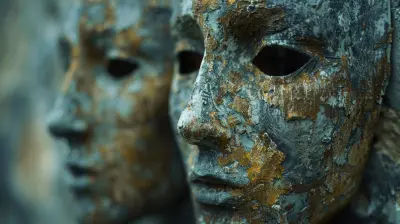Social Roles and Expectations: How Society Shapes Our Identity
16 May 2025
Have you ever stopped to think about why you act the way you do in certain situations? Why, for instance, you might behave differently at work than you do with friends, or why you feel pressured to meet certain milestones in life, like getting married or landing a dream job? Well, it turns out that a lot of this has to do with social roles and expectations—the invisible rulebook that society hands us at birth. These social "scripts" play a huge role in shaping our identity, often in ways we aren’t even aware of.
In this article, we'll dive deep into how societal norms shape who we are, how we behave, and even how we think. By the end, you'll have a better understanding of how social roles and expectations influence not just your identity but the world around you as well.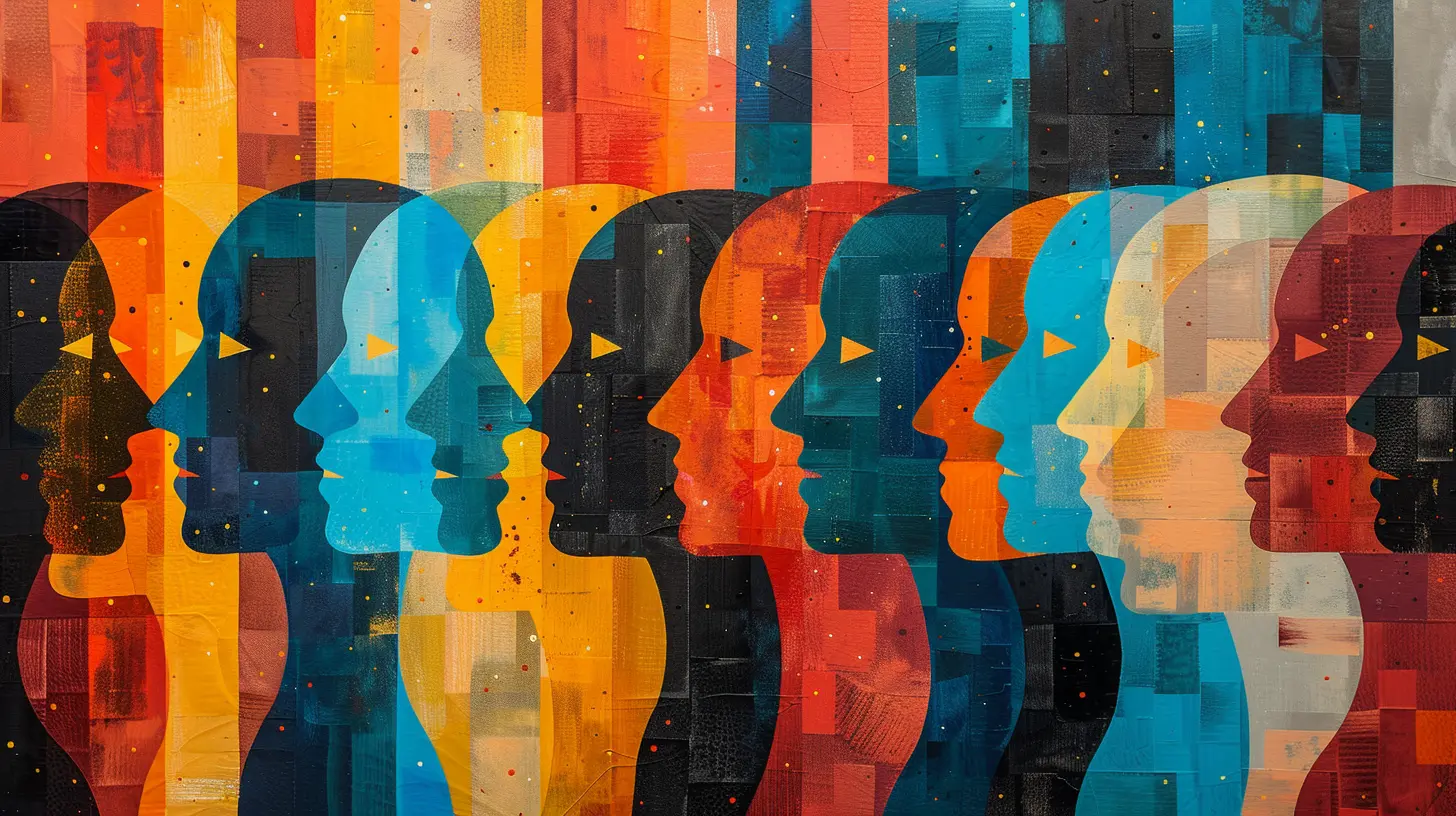
What Are Social Roles?
Before we get into how these roles shape us, let’s define what we mean by "social roles." Simply put, social roles are the behaviors, obligations, and privileges that are associated with a specific status or position in society. Think of it like acting in a play, but instead of performing on a stage, you're performing in everyday life.For instance, you may play the role of a student, a parent, a friend, or an employee. Each of these roles comes with its own set of expectations about how you're supposed to act and interact with others. And just like an actor follows a script, we often follow these societal expectations without even realizing it.
Examples of Social Roles
- The Parent Role: As a parent, you’re expected to be nurturing, protective, and responsible. Society expects you to provide for your children, teach them right from wrong, and guide them into adulthood.- The Employee Role: When you’re at work, you’re expected to be professional, punctual, and productive. It’s not typically a place where you can be as relaxed or casual as you might be with friends.
- The Gender Role: Ah, the classic. From a young age, many of us are taught that boys should be strong and assertive, while girls should be nurturing and gentle. These roles are often reinforced by family, media, and peers.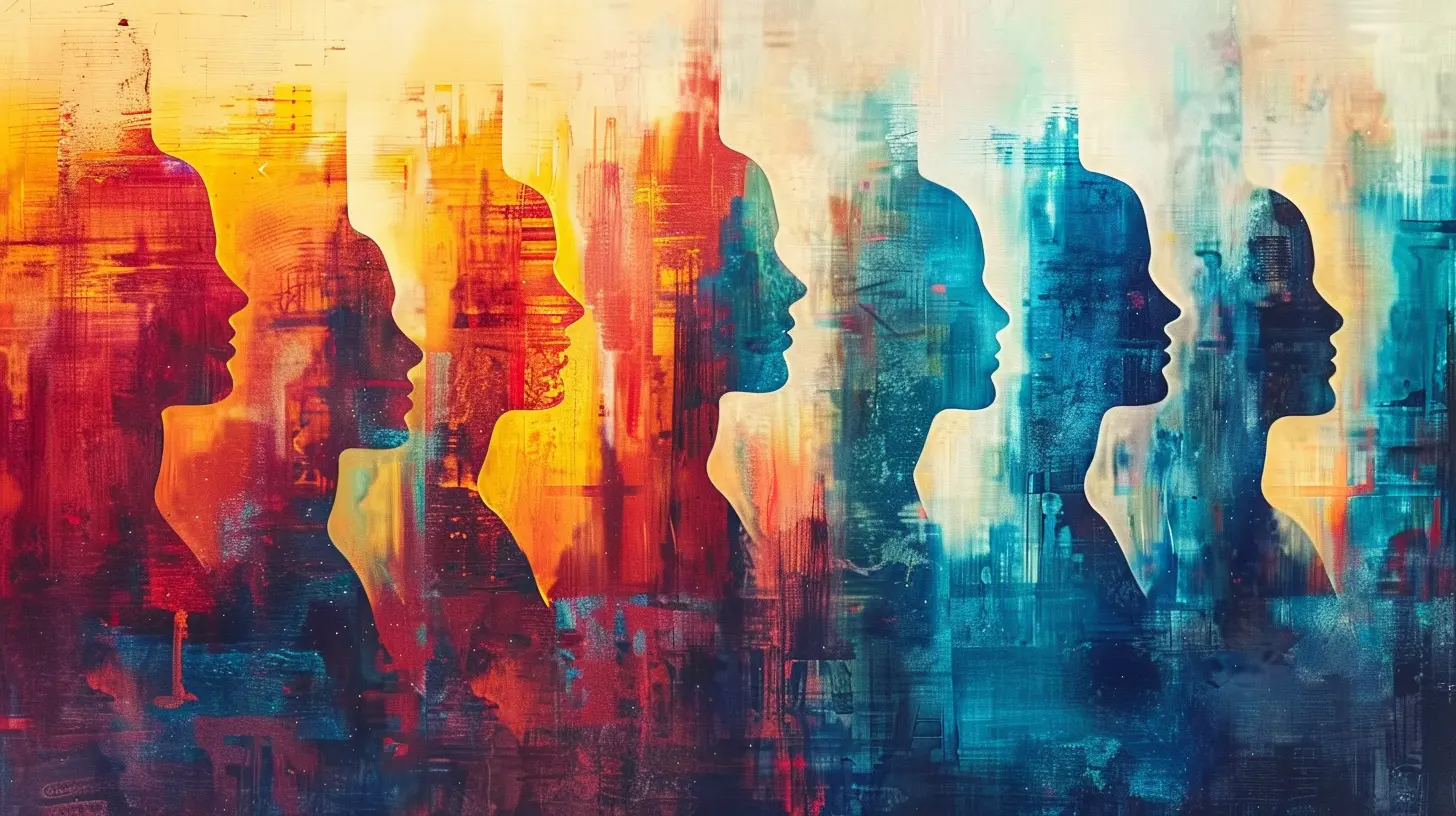
The Influence of Social Expectations
Now that we’ve covered what social roles are, let’s talk about social expectations. These are the unwritten rules that society sets for how we should behave based on our roles. Think of them as the guidelines that come with each role we play. Sometimes they’re obvious, like the expectation that a student should complete their homework. Other times, they’re more subtle, like the pressure to get married by a certain age.Socialization: The Process of Learning Expectations
From the moment we’re born, we begin a process called socialization, where we learn these roles and expectations from those around us. Parents, teachers, friends, and even strangers all play a part in shaping how we understand our place in society.For example, when you're a child, your parents might tell you, “Boys don’t cry,” or “Girls should be polite.” These statements, though seemingly harmless, set the foundation for how you’ll view yourself and your behavior as you grow older.
Socialization doesn’t stop at childhood. It continues throughout your life, affecting how you navigate new roles, like becoming a spouse or entering the workforce. And while some expectations are explicit, others are more ingrained in the culture, making them harder to identify or challenge.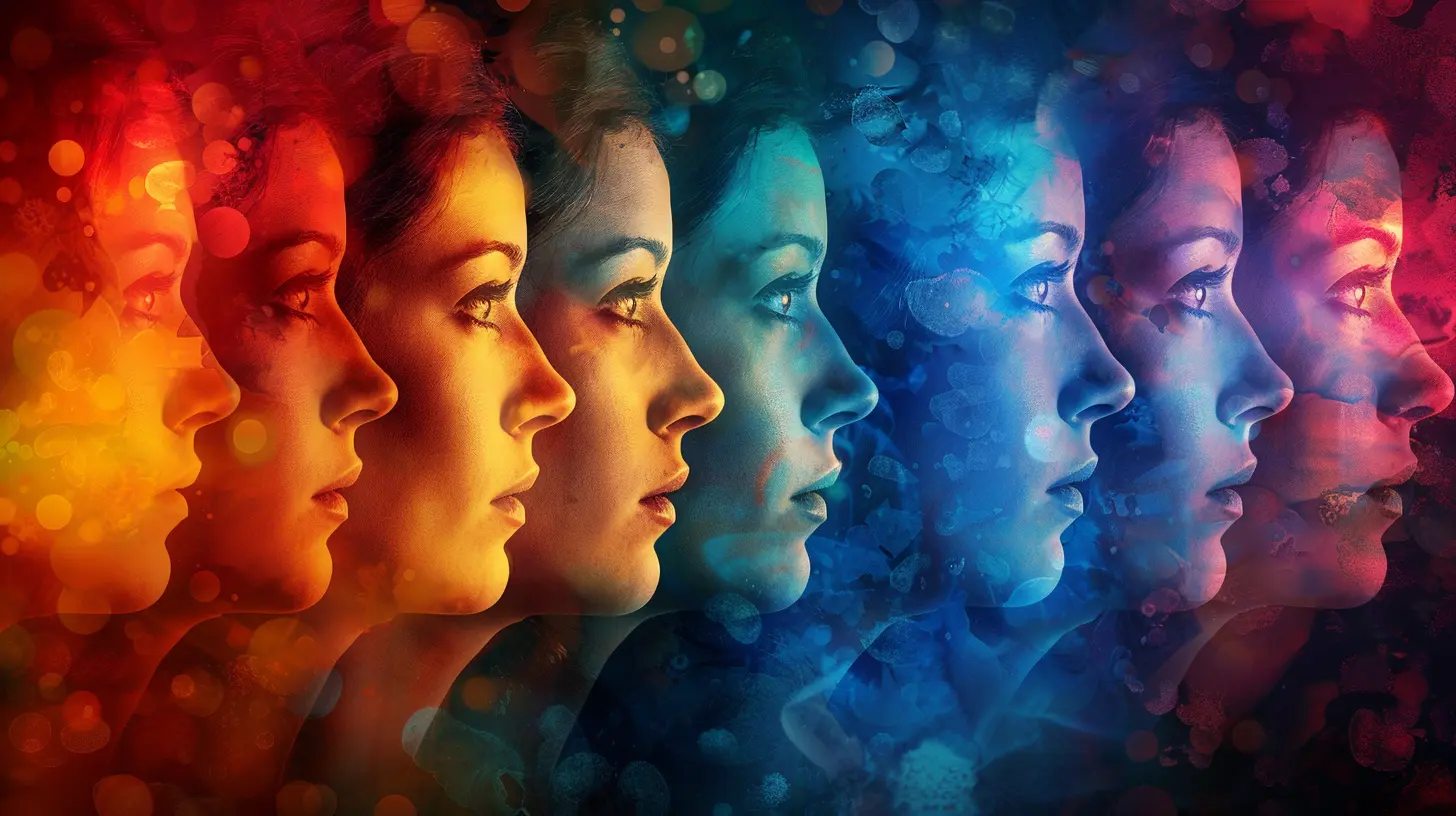
How Social Roles Shape Our Identity
Let’s get to the big question: How exactly do social roles shape our identity?1. Influence on Self-Perception
One of the most profound ways social roles affect us is by shaping how we see ourselves. Think about it: if society tells you that being a "good student" means getting straight A’s, you might start to feel like you're failing if your grades slip. Or, if you’re constantly told that women should be nurturing and caring, you might feel inadequate if you’re more career-driven.Over time, these expectations can become internalized, influencing how you define your identity. You start to measure your self-worth based on how well you fulfill these roles. This can be empowering if you meet the expectations, but it can also be damaging if you feel like you’re falling short.
2. Impact on Behavior
Not surprisingly, social roles also have a huge impact on how we behave. If you’ve ever felt like you had to "put on a face" at work or act a certain way around family, you know what I mean.For example, in your role as an employee, you might suppress your true thoughts or feelings in order to appear professional. Or, in your role as a parent, you might prioritize your children’s needs over your own, even if it’s exhausting. These behaviors can become so automatic that we stop questioning them.
3. Conformity and Social Pressure
Ah, the dreaded social pressure. It’s one of the most powerful forces that shapes our identity. We often conform to social roles not because we believe in them but because we fear judgment or rejection if we don’t.Take the example of gender roles. A man might feel pressured to hide his emotions because society tells him that showing vulnerability is a sign of weakness. Similarly, a woman might feel pressured to have children because society tells her that this is what women are "supposed" to do.
Social pressure can make it extremely difficult to break free from these expectations, even if they don’t align with who we really are. 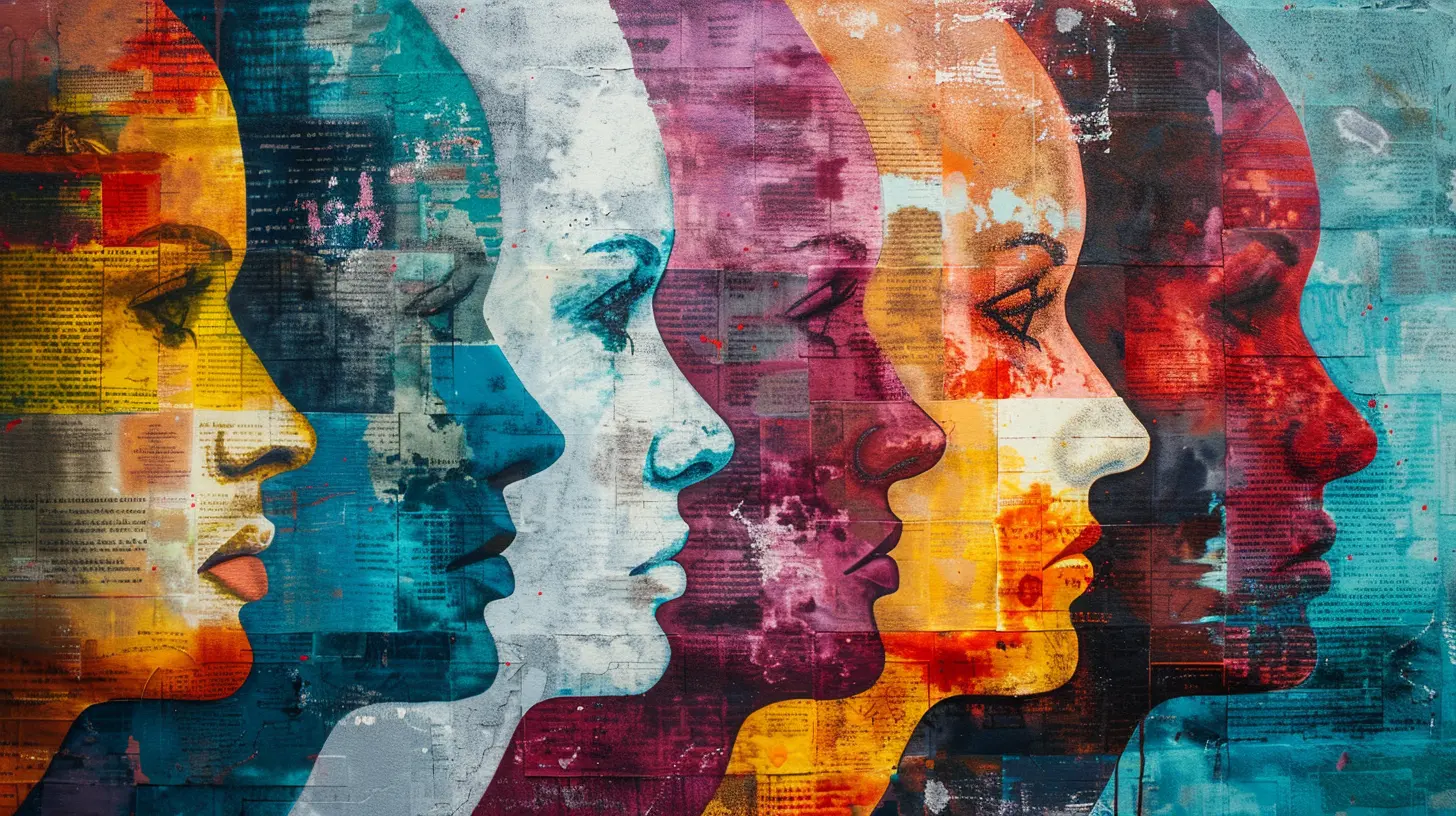
The Double-Edged Sword of Social Roles
It’s important to note that social roles aren’t inherently bad. In fact, they can provide structure and predictability, making it easier to navigate social interactions. Imagine trying to function in a world where no one had any idea how to behave in different situations. It would be chaos!However, the downside is that these roles can also be restrictive. When we feel like we’re constantly being boxed into a role that doesn’t fit, it can lead to frustration, anxiety, and even identity crises.
The Clash Between Multiple Roles
Many of us don’t just play one role; we juggle several at a time. And sometimes, these roles can conflict with one another. For example, the role of a "career-driven individual" might clash with the role of a "dedicated parent."When these roles collide, it can create a ton of stress. You might feel like you’re constantly failing at one role while trying to succeed in another. This is where the concept of role strain comes in—when the demands of a role are so overwhelming that they become difficult to manage.
Breaking Free From Social Expectations
Now, here’s the million-dollar question: Can we break free from these societal expectations?The short answer is: Yes, but it’s not easy. Challenging societal roles and expectations often means going against the grain, which can be uncomfortable. You might face judgment from others or even feel confused about your identity at first. But the good news is that it’s totally possible to carve out your own identity, independent of what society expects of you.
1. Self-Awareness is Key
The first step in breaking free from social roles is becoming aware of the expectations that are shaping your behavior. Many of us go through life on autopilot, not questioning why we do the things we do. Taking the time to reflect on your roles and whether they align with your true self can be incredibly eye-opening.2. Challenge the Status Quo
Once you’ve identified the roles and expectations that don’t serve you, it’s time to challenge them. This doesn’t mean you have to completely reject all societal norms (that would be exhausting), but it does mean being intentional about which roles you choose to embrace and which ones you want to let go of.3. Surround Yourself with Support
Breaking free from societal expectations is hard, but it’s a lot easier when you have a support system. Surround yourself with people who encourage you to be your authentic self, rather than pressuring you to conform to roles that don’t fit.Conclusion: Finding Balance
At the end of the day, social roles and expectations are a double-edged sword. They provide structure and guidance, but they can also be restrictive and limiting. The key is finding a balance—embracing the roles that align with your true self while challenging the ones that don’t.Remember, you’re the author of your own life story. Society might hand you a script, but it’s up to you whether you follow it or write your own.
all images in this post were generated using AI tools
Category:
Social PsychologyAuthor:

Gloria McVicar
Discussion
rate this article
3 comments
Alisha Daniels
This article beautifully captures how society molds our identities! It’s fascinating to reflect on the roles we play and how they influence our thoughts and behaviors daily.
June 5, 2025 at 5:03 PM

Gloria McVicar
Thank you for your thoughtful comment! I’m glad you found the exploration of social roles and their impact on our identities resonant.
Evangeline McGrady
Societal roles significantly influence individual identity and personal development.
May 22, 2025 at 4:55 AM

Gloria McVicar
Absolutely! Societal roles provide a framework that shapes our behaviors, values, and self-perception, playing a crucial role in our identity formation and personal growth.
Juniper Morris
This article highlights the profound impact of societal expectations on our individual identities.
May 19, 2025 at 2:56 PM

Gloria McVicar
Thank you for your insightful comment! I'm glad you found the article's exploration of societal expectations and their influence on identity impactful.
